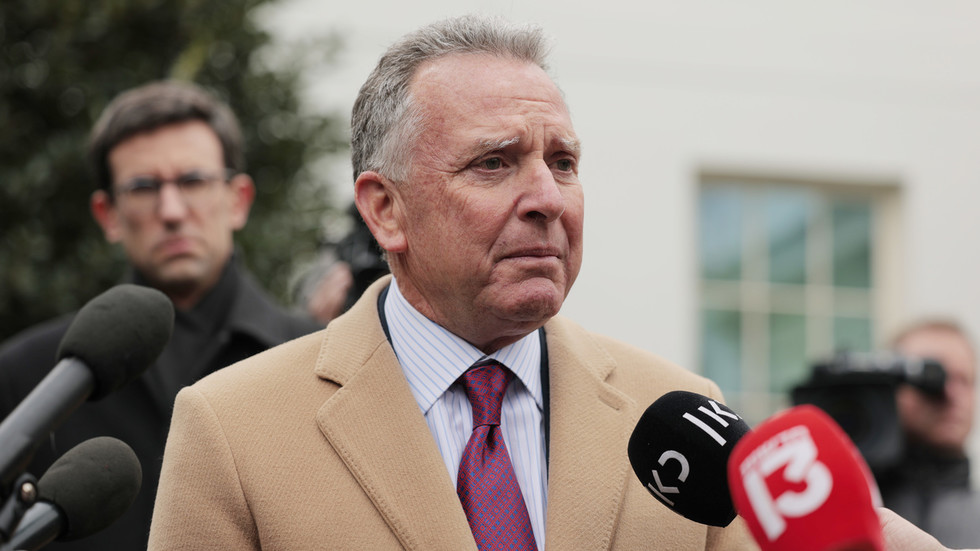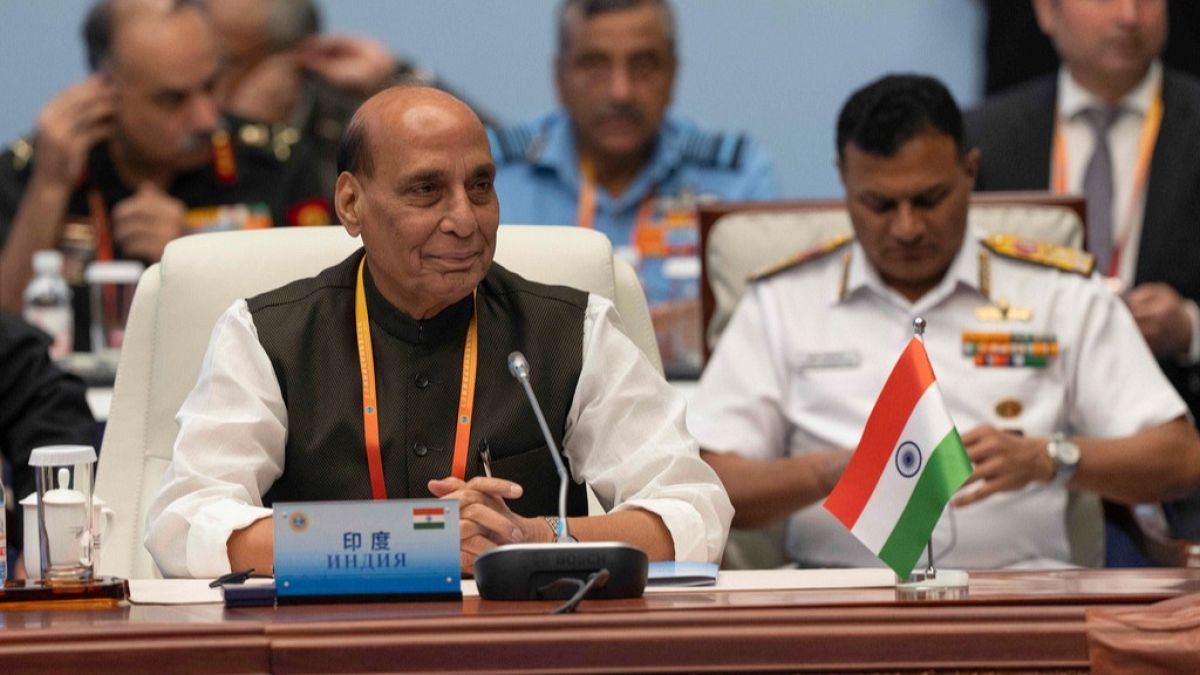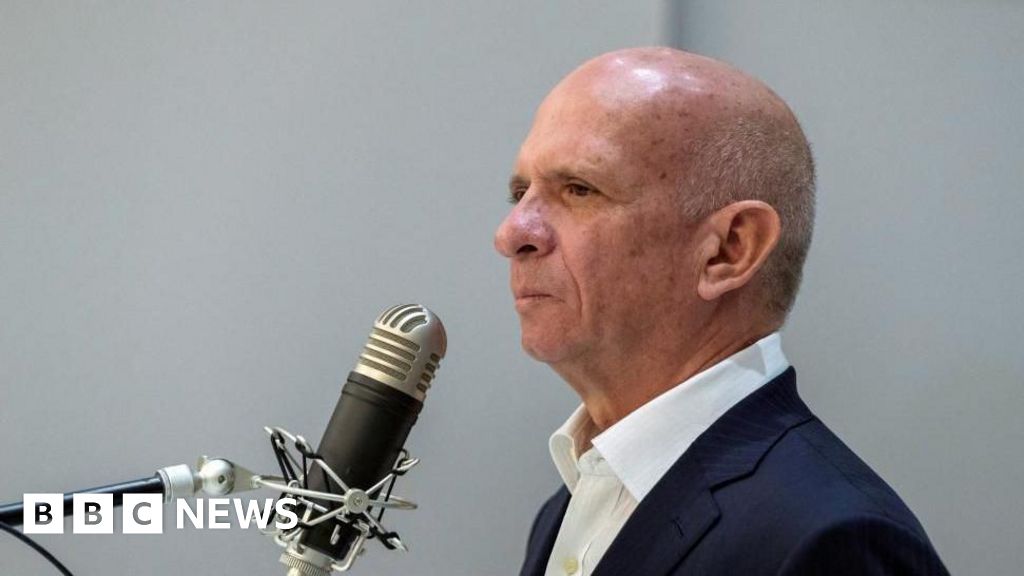China has announced stricter regulations on two chemicals used to manufacture fentanyl in a move that could signal progress on one of the most contentious issues in relations with the US.
Starting 20 July, the Chinese government will place 4-piperidone and 1-Boc-4-piperidone under enhanced control as precursor substances for fentanyl, according to a joint statement from six state agencies.
The two compounds are used to make fentanyl, a potent synthetic opioid blamed for fuelling the opioid epidemic in the US, where drug overdoses have led to the deaths of nearly 450,000 people, Reuters reported.
The decision follows a rare meeting in Beijing between China’s minister of public security Wang Xiaohong and new US ambassador David Perdue where they discussed cooperation on curbing drug trafficking.
It also comes just weeks after a phone call between presidents Xi Jinping and Donald Trump, who has made fighting fentanyl a central policy issue.
“The move demonstrates China’s sincerity in wanting to work with the United States on this issue,” Yun Sun, director of the China programme at the Stimson Center, a think tank in Washington, told the New York Times.
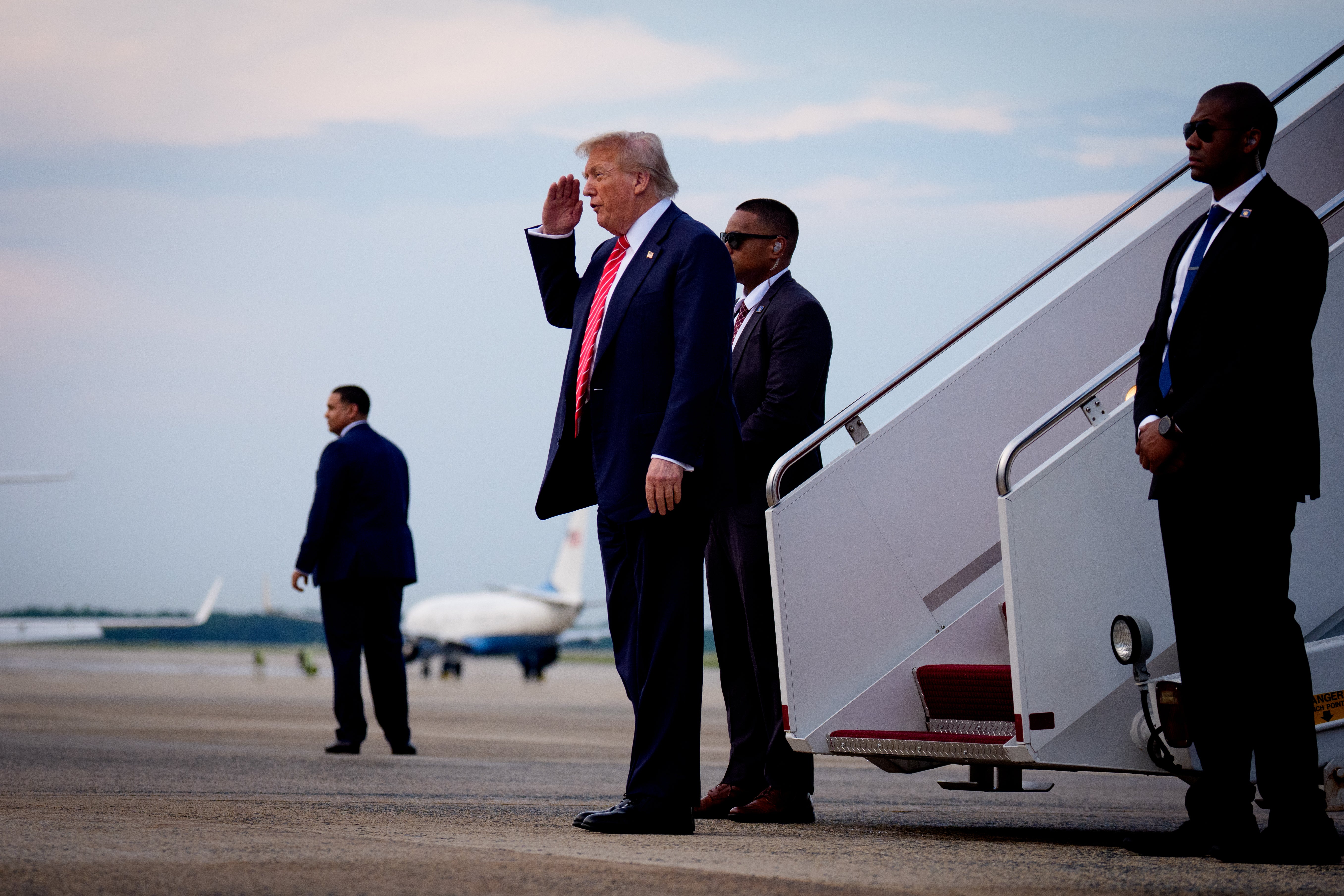
Chinese officials reject claims that they are responsible for the fentanyl crisis in the US.
“We’ve repeatedly made it clear that fentanyl is the United States' problem, not China’s. It’s the United States’ responsibility to solve the issue,” Guo Jiakun, a spokesperson for China’s foreign ministry, said on Tuesday.
“China is one of the world's strictest countries on counternarcotics both in terms of policy and its implementation,” he said, according to the Global Times. “The issue of fentanyl abuse does not exist in China. Besides, we've also fully promoted and deeply participated in the global governance of drug-related issues and carried out fruitful counternarcotics cooperation with other countries."
Beijing has also criticised the US for maintaining punitive tariffs, originally imposed by the Trump administration in February, citing China’s alleged inaction on fentanyl.
The 20 per cent tariff was part of a broader trade war and remains in place despite a partial easing of other levies following a fragile truce agreed in Switzerland this May.
China insists its latest measures are aligned with international conventions. “The action on precursors was an independent measure taken by Beijing in line with the UN Drug Convention and demonstrates China’s attitude of actively participating in global drug governance,” the foreign ministry said in a statement.
As part of its ongoing crackdown on drugs, Chinese authorities said they have arrested 262 people for drug smuggling so far this year and confiscated 2.42 tonnes of narcotics.
Additionally, over 1,300 people were prosecuted and more than 700 arrested between January and May for drug-related money laundering, a 2.1 per cent year-on-year increase.
Miao Shengming, a senior official at the Supreme People’s Procuratorate, the highest prosecutorial organ of China, pledged to “cut off the criminal interest chain and destroy the economic foundation of drug crimes”.
On Monday, a court in Fujian province handed a suspended death sentence to Liu Yuejin, a former senior narcotics official, for accepting bribes worth over £13m between 1992 and 2020.
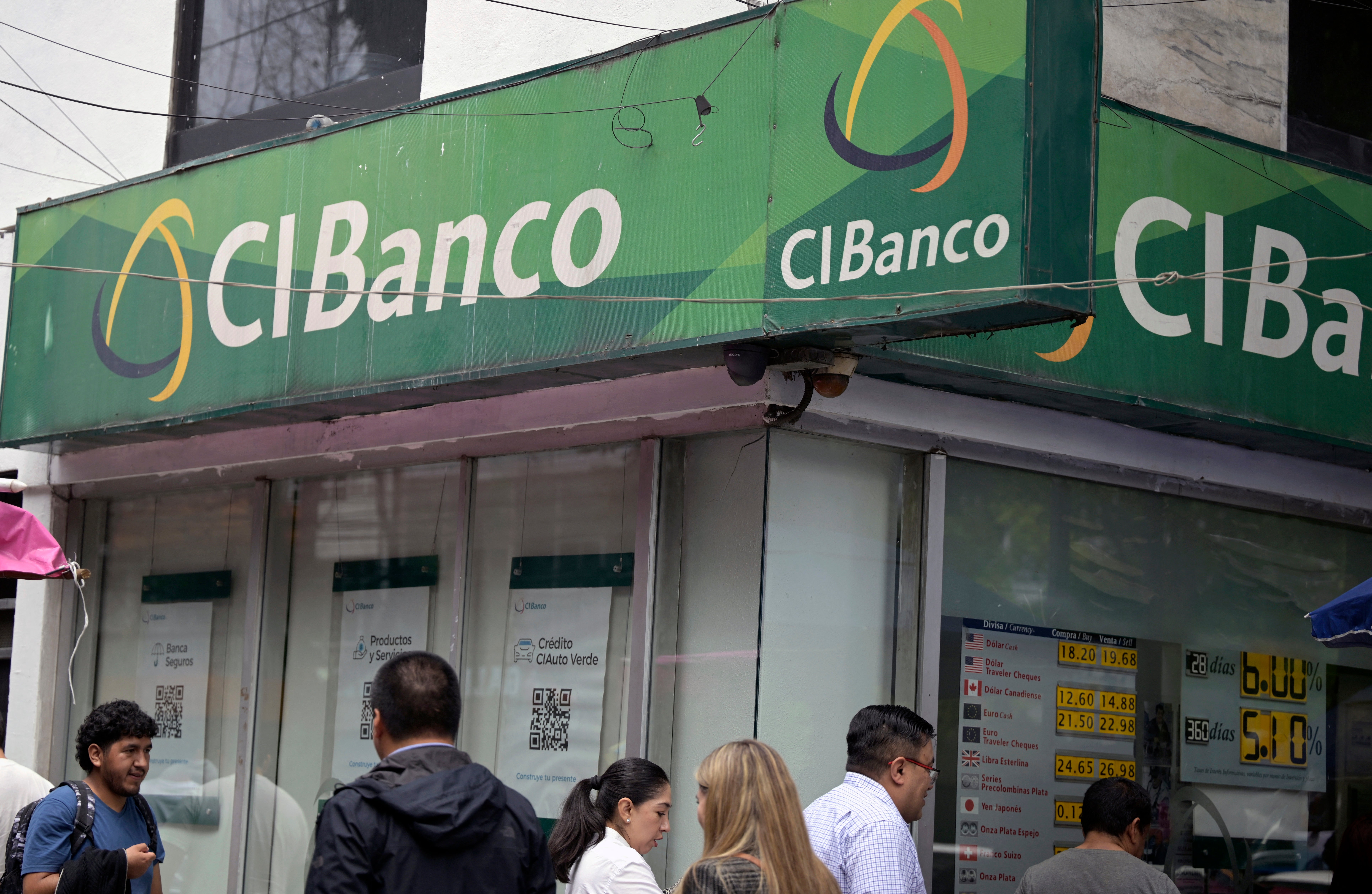
Meanwhile, the US has intensified its crackdown on financial networks supporting fentanyl trafficking.
On Wednesday, the US Treasury sanctioned three Mexican financial institutions - CIBanco, Intercam Banco, and Vector Casa de Bolsa - for facilitating payments to Chinese suppliers, reported the Financial Times. These were the first actions under the Fend Off Fentanyl Act, passed last year to disrupt international fentanyl supply chains.
“These actions will effectively cut off the three institutions from doing business with US financial institutions,” said deputy treasury secretary Michael Faulkender.
The Mexican finance ministry, however, said it had yet to receive evidence supporting the allegations.
Vector rejected the charges, stating it had only engaged in transactions with legitimate companies. The other institutions were not immediately available for comment.

 3 hours ago
1
3 hours ago
1
